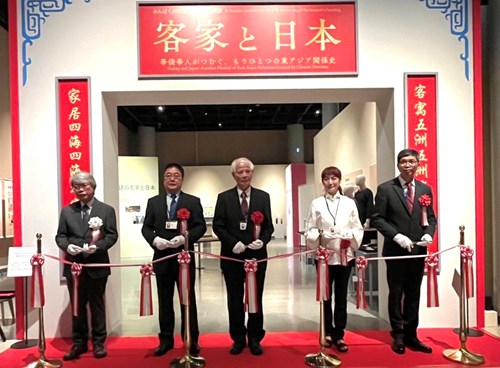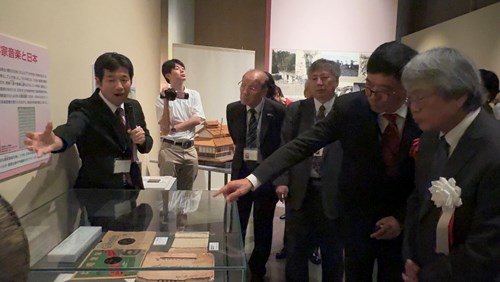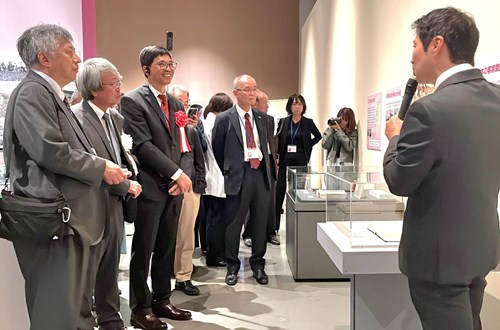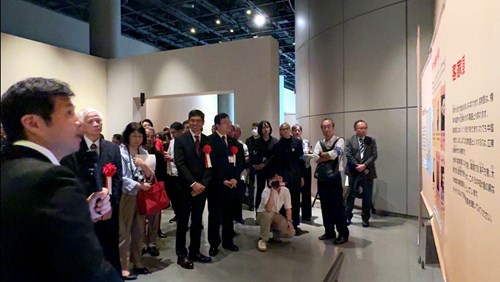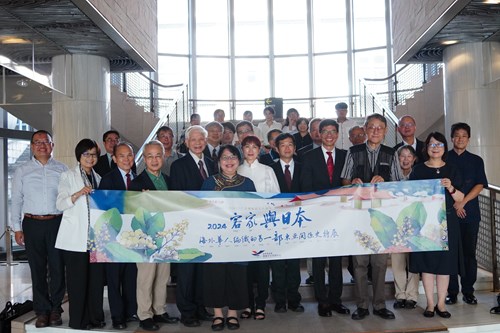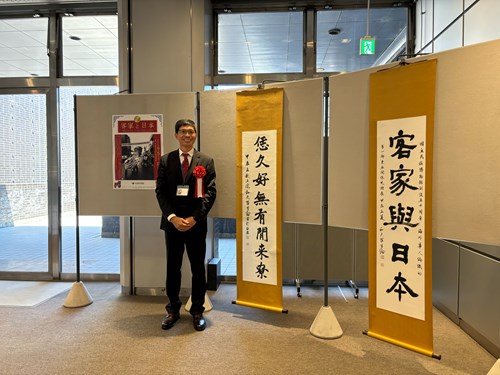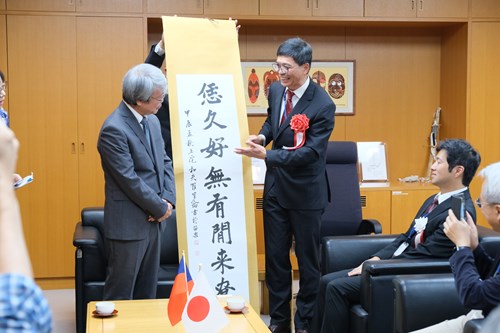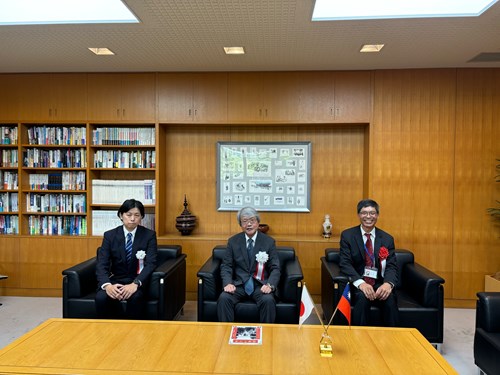
News
Taiwanese Hakka-themed exhibition held at National Museum of Ethnology of Japan
- Source:客家文化發展中心
- Publication Date:2024/11/21
- Last updated:2024/11/21
- Count Views:645
The National Museum of Ethnology (NME) of Japan, in collaboration with the Taiwan Hakka Culture Development Center (THCDC) of the Hakka Affairs Council and Tokyo Metropolitan University (TMU), hosts a thematic exhibition titled “Hakka and Japan: Another History of East Asian Relations Created by Chinese Overseas (客家與日本:海外華人編織的另一部東亞關係史)” from Sept. 5 to Dec. 3 to celebrate the 50th anniversary of the NME.
The opening ceremony was held on Sept. 5 in Osaka, Japan, attended by THCDC Director-General Ho Chin-liang (何金樑), NME Director-General of Kenji Yoshida (吉田憲司), TMU Associate Professor Hironao Kawai (河合洋尚), and other distinguished guests.
At the ceremony, Director-General Ho expressed his gratitude to the attendees, as well as the Taipei Economic and Cultural Office in Osaka, and Hakka associations of Japan. He specially thanked Doctor Hsiao Yung-hsiung (蕭庸雄), a Hakka descendant of the prestigious Hsiao family in Jiadong Township of Pingtung County, who had traveled from Fukuoka to attend the ceremony. Ho hopes that the exhibition will showcase the cultural vibrancy of Taiwanese Hakkas and let the international community know more about Taiwan’s Hakka culture.
Through various exhibited relics, the exhibition presents the historical interactions between Taiwanese Hakka people and Japanese. Some of the items displayed include shellac records of Hakka musician Ho Ah-wen (何阿文) first released in 1914; the earliest photographs of a prominent Hakka family in Hsinchu’s Beipu area in 1898; and field research results of the dialects of Taiwanese Hakka by Japanese scholars.
After the opening ceremony, an international seminar on the relations between the Taiwanese Hakka people and Japan was held at the NME. Joined by scholars from both countries, the seminar focused on topics such as the development of the THCDC, traditional Hakka music and tea-picking opera, as well as the history of the Hakka tea industry.
